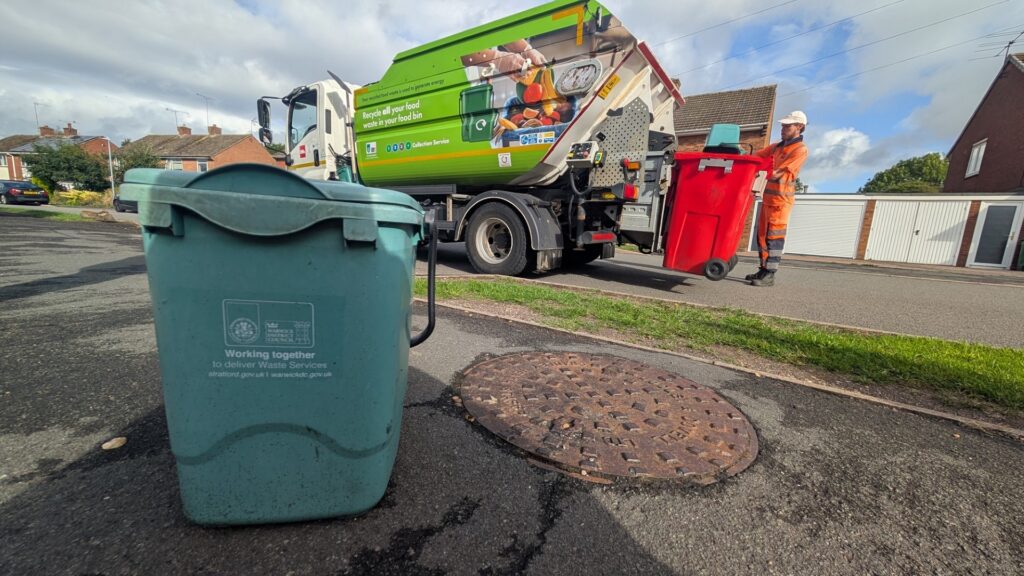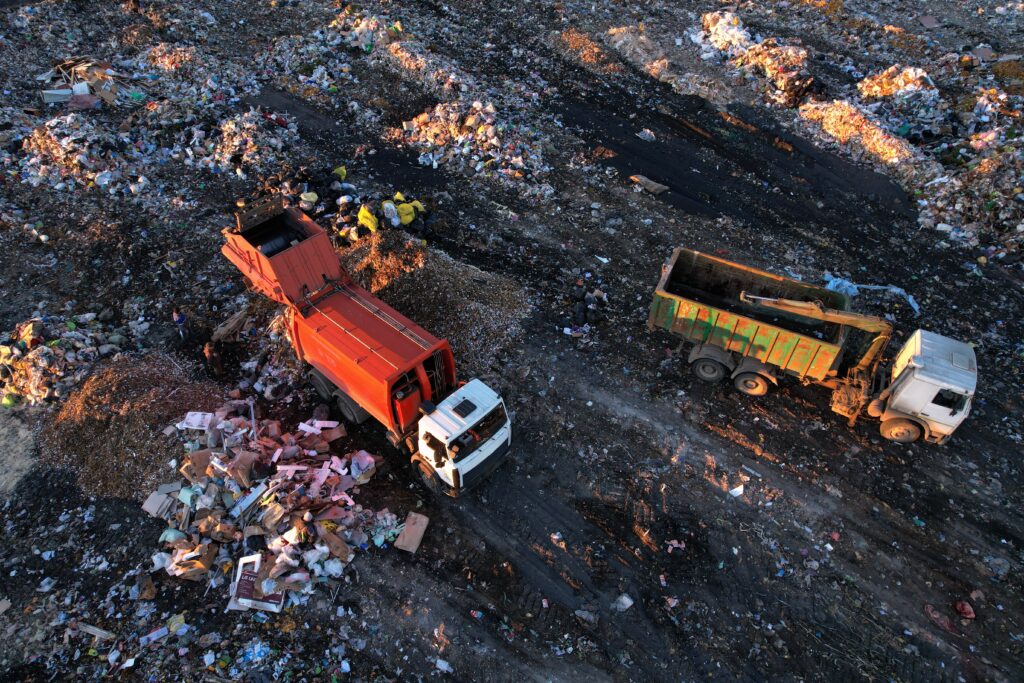As a consequence, regulations covering material produced by mechanical biological treatment and similar processes could well remain unclear for several years.
The decision comes as the current set of European Union commissioners wind down their activities ahead of the appointment of a new set of commissioners later this year.
The decision to scrap plans for a Biowaste Directive was revealed by Vanya Veras-de Suys, secretary general of FEAD, the European federation which represents European waste management industry, at its conference in Stockholm last week.
In the past, the aims of the Biowaste Directive have been described as “to establish rules on the safe use, recovery, recycling and disposal of biowaste, to control potential land contamination and to encourage the use of certified compost. The Directive will focus on biodegradable municipal waste (BMW) and complements the BMW diversion targets of the Landfill Directive.”
Mrs Veras-de Suys read from a letter she had received from European Environment Commissioner Margot Wallstrom in which Mrs Wallstrom explained that the Commission has decided not to produce a Biowaste Directive as a separate document, but now plans to include it in the soils strategy which is still being developed. The decision on how to take the biowaste ideas forward would be “up to the next commissioner”.
Disappointed
Mrs Veras-de Suys said that she believed the biowaste issue to be of great importance and commented: “there are those of us who are disappointed as this has a direct link to the marketability of compost.”
The decision is seen as likely to have a knock-on effect in the UK with considerable questions existing over exactly what is allowed to happen to different grades of “compost” including that from MBT and similar plants where large tonnages of compost-like material will be produced in the future. Material from the UK’s first MBT plant is expected to be burnt for energy recovery, because it is not acceptable to be used on land.








Subscribe for free